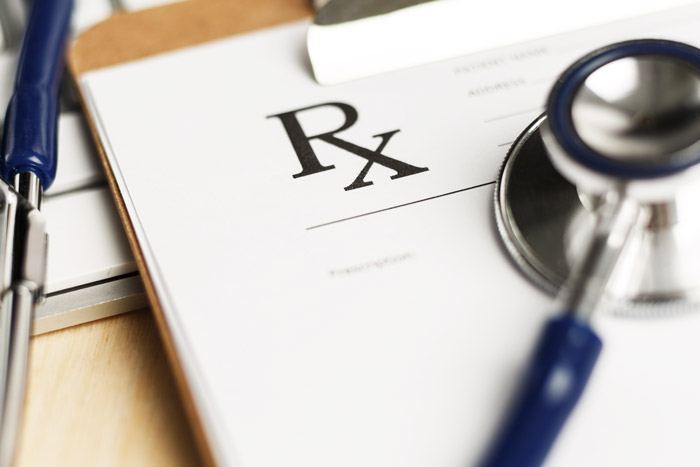Pain has the power to disrupt everything in our lives.
When you are experiencing significant pain, it is hard to concentrate on anything else: work or study, relationships, sleep, hobbies, etc. It’s hard to find enjoyment in just about anything.
The good news is that many medications are very effective at relieving pain. The bad news is that many of these drugs come with some significant risks. It is all too easy to become addicted to painkillers. And that addiction can be even more problematic than the pain you were so desperate to escape.
Let’s focus on two opioids—hydrocodone and oxycodone—and the ways in which they can go from seemingly miraculous painkillers to devilishly addictive substances.
Welcome Relief From Pain Can Quickly Turn to Terrible Cravings for Opioids
We have noted how ongoing pain can take over every corner of a person’s life. So it’s not terribly surprising that a person who finally finds relief when they are prescribed an opioid will be eager to make sure they always have access to that relief. And that can lead to some poor decisions.
Those bad decisions often start out as small deviations from the strict instructions your doctor and pharmacist-provided when the medication was first prescribed. But why would someone deviate from those instructions in the first place? After all, if they are getting relief from the pain by following the guidelines, it seems pointless to start playing around with dosing. So why do people do it?
The answer can often be summed up in a single word: euphoria.
Euphoria is a feeling of intense well-being. In a euphoric state, a person feels good not only physically but emotionally as well. So, under the influence of an opioid like hydrocodone or oxycodone, the user might find refuge from all their worries and stressors in addition to getting relief from their pain.
It is easy to understand why a person who experiences euphoria would want to keep feeling it. And to do so, they may find themselves sorely tempted to misuse their painkiller. Indeed, they may come to crave the opioid to the point that they are desperate to keep using it well after their prescription has run out.
That can lead to extreme and dangerous behaviors, including attempting to obtain multiple prescriptions (this is often called “doctor shopping”), forging prescriptions, stealing the drug from other users (or in extreme cases, from pharmacies), or finding an illicit source that can reliably provide the drug.
Meanwhile, ongoing use of drugs like hydrocodone and oxycodone comes with a heavy price. The pain relief and euphoria are soon replaced by a range of negative effects on the body and brain.
The High Cost of an Opioid High
Imagine you have been taking hydrocodone for a while. Your prescription ran out a while back, but you have found a source and you have been using the drug to keep those feelings of euphoria going. But maybe lately you have noticed that it takes a little more of the drug—or even a lot more of the drug—to produce the feelings you used to get with a smaller dose. You’ve built up a tolerance to hydrocodone, and that means you will need more and more if you want to keep the highs coming.
Meanwhile, you are probably dealing with a range of dangerous side effects, including (but not limited to):
- Persistent nausea and/or constipation
- Severe drowsiness
- An ongoing state of confusion
- A significant slowing of your breathing, which can lead to a lack of oxygen in the brain (this is known as hypoxia), which may result in:
- A coma
- Irreversible damage to the brain
- Death
Obviously, getting off the drug is the best thing to do, right? So you decide to quit taking the hydrocodone that has gotten you into this mess. That’s great.
It is also going to be extremely challenging.
Withstanding Withdrawal Is Difficult Without Help
The symptoms of withdrawal from an opioid like hydrocodone or oxycodone can be very difficult to manage. Your brain and body have become dependent on the drug, and when you stop taking it, your body will try to get your attention in a variety of ways. These include (but are not limited to):
- Cravings for the drug that seem nearly impossible to resist
- Pain in the muscles and bones
- Vomiting and diarrhea
- Cold flashes
- Difficulty controlling the movement of the legs
Given those symptoms, it is easy to see why it is so hard to quit taking a drug like oxycodone or hydrocodone on your own. The good news is that you don’t have to do it on your own.
The Aviary Recovery Center Can Help You Overcome Opioids
The key to making it through the rigors of withdrawal is medically supervised detoxification. At The Aviary Recovery Center, we can provide that all-important detox program and follow it up with a robust period of rehabilitation that includes both group and individual therapy.
Therapy sessions focus on resources and strategies that will provide a foundation for your recovery. Individual therapy allows for a deep dive into issues and challenges you may face in your own life, while group therapy is a powerful reminder that you are not alone in these challenges. Rehabilitation can also provide the opportunity to address any co-occurring mental health disorders that may have been caused—or contributed to—your substance use disorder.
When you’re ready, we can help.










